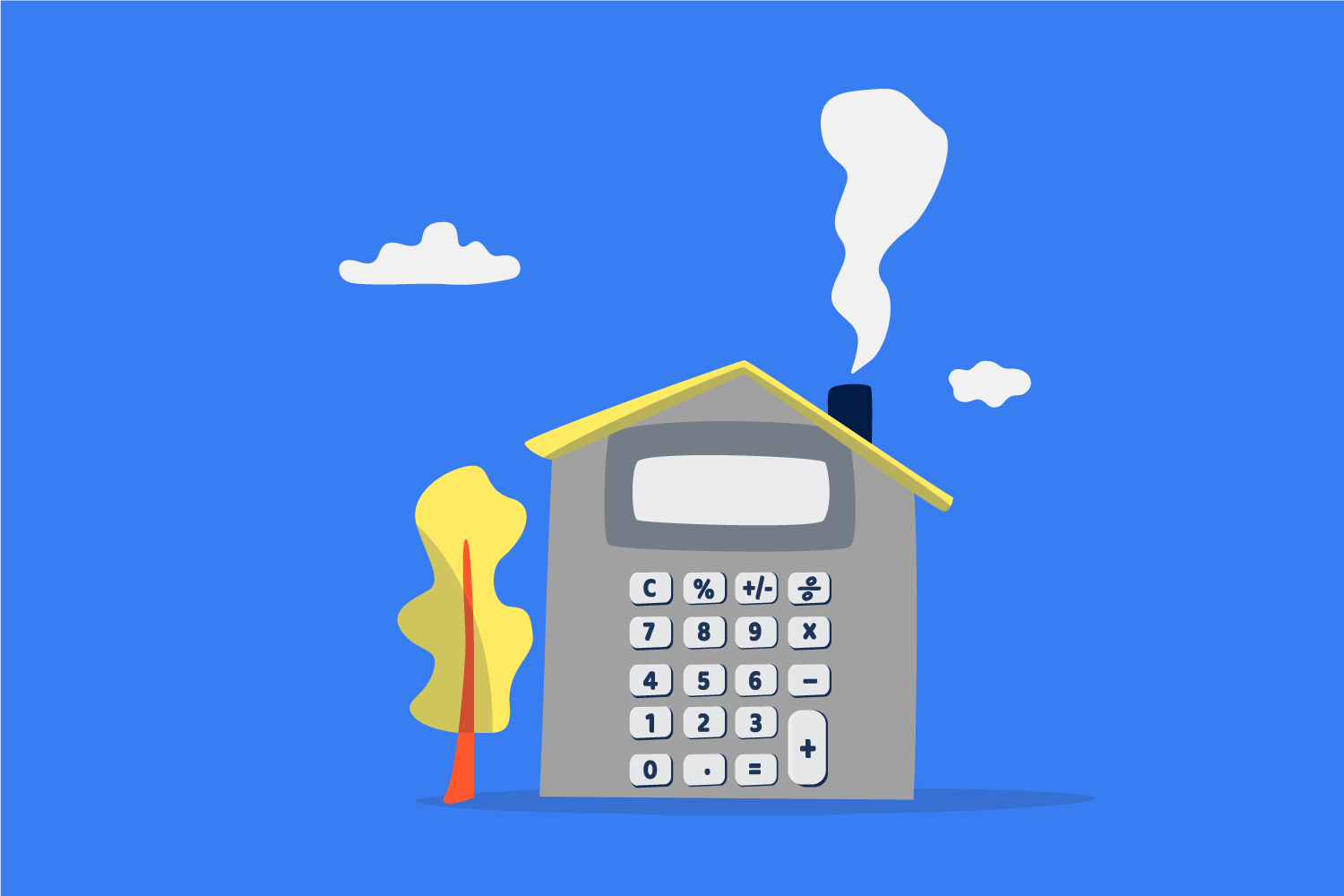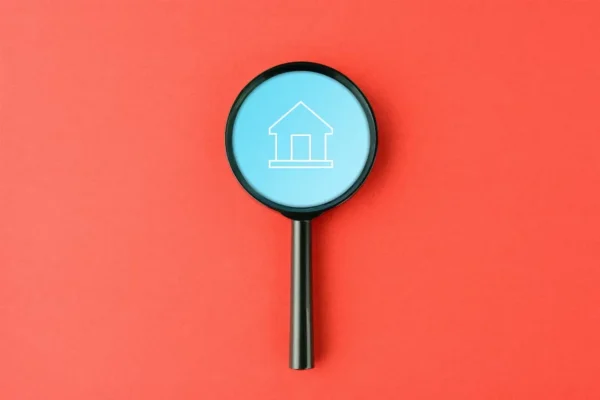
5 Ways to Calculate Your Mortgage Budget

Many hopeful homebuyers begin the house hunt by calculating the maximum amount for a mortgage loan they can be approved for. While figuring out the absolute upper price limit for homes you can consider is one way to begin narrowing down your search, a better question to ask yourself might be: “How much house can I realistically afford”?
By calculating your mortgage budget before you go house hunting, you can ensure you won’t purchase a home with a monthly mortgage payment that would prevent you from achieving other financial goals. Here, we’ll go over five ways to calculate your mortgage budget—so you can find a house where you and your finances can thrive.
1. Budget for Savings Before You Look
When calculating your mortgage budget, ensure that you will be able to save a little something every month while continuing to pay your debts. Cultivating good financial habits before you even begin looking for a home can prepare you to balance saving and paying your mortgage.
A great way to jumpstart your monthly mortgage budget calculations is to carefully examine your monthly expenses now and create a budget now that allows you to achieve two key goals before you start your house hunt:
- An emergency savings fund. If you’re able to budget enough to save three to six months’ worth of expenses in an emergency fund (above and beyond the down payment and other expenses we’ll discuss below) you’ll be in an excellent position to begin your homeownership journey.
- An excellent credit score. Creating a budget that allows you to pay all your bills on time and in full before you take out a home loan will ensure you don’t take out a loan that is more than you can afford. It also has the added benefit of helping to improve your credit score—and an excellent credit score ensures that when you’re pre-approved for a mortgage, you’ll get a lower interest rate that could save you thousands over the course of your home loan.
From Mortgages to Home Equity Loans
Our local, award-winning lending team is ready to help you begin today.
2. Calculate a Reasonable Mortgage Payment
With your emergency savings and credit score in good shape, the next step toward determining an affordable mortgage payment is to look at your current gross income, or how much you earn before taxes every month.
Most experts recommend spending 30 percent or less of your gross income on housing expenses. For example, if you earn $5,000, you should be spending $1,500 or less on rent or mortgage payments. When buying a home this is a good rule to follow, as mortgage lenders typically prefer that you have a total debt-to-income ratio of less than 36%, and a housing debt-to-income (DTI) ratio no greater than 28%. In other words, if you make $5,000 a month, a lender would prefer that you owe less than $1,800 in total monthly debt payments ($5,000 x .36), and less than $1,400 for housing ($5,000 x .28).
To determine what a healthy housing to income ratio would be for you, start with 20%:
[Gross Monthly Income] * 0.25 = Affordable Monthly Mortgage Payment
When you know how much you can afford to pay monthly, you can work backwards to figure out the upper limit for a home loan you can actually afford.
3. Determine PMI Payments
While 20% is what’s typically recommended when purchasing a home with a conventional mortgage loan, it’s not absolutely necessary. In fact, in recent years the average down payment for first time homebuyers has hovered between 6 and 7%. While a smaller down payment makes a home purchase more attainable for many, there is a catch: private mortgage insurance (PMI).
If you’re planning to put down less on your home than 20%, you will most likely be required to pay PMI on top of your monthly mortgage payments. While some loans, such as FHA loans and VA loans don’t require PMI, most conventional loans with down payments less than 20% will require PMI payments between $30 and $70 per month for every $100,000 you borrow. It’s not a jaw dropping amount to pay every month, but it is something you should calculate into your mortgage budget.
4. Include Monthly Utilities
Many aspiring homeowners may be transitioning from an apartment into a larger home for the first time. When living in smaller apartments, utility payments are often lower than they are for a house with two or more bedrooms. Not to mention that many apartment complexes calculate utility payments into your monthly rent. To ensure you’re not surprised when you get your first utility bill in your new home, it’s a good idea to investigate the average utility bill for similar-sized homes in the area.
For instance, if you’re looking at homes in the Austin area, real estate experts note that the average utility bill in the city is about $150 per month, with water averaging around $40 and internet coming in at $50 per month. That’s almost $250 — and that is the minimum you’ll be spending every month on top of your mortgage payment.
5. Don’t Forget Property Taxes
While Texas is an amazing place to call home, many out-of-state newcomers or first-time buyers may get sticker shock when they see their property tax bill. The Lone Star State has an effective average tax rate of about 2.24%, making it the state with the seventh highest property tax rate. With the median Austin home value hovering around $397,000, that means the average Austin homeowner pays around $6397 a year in property taxes, or $533 a month.
Make Your Move with Confidence
Calculating a monthly mortgage budget is one of the most effective ways to determine how much house you can afford. Owning a home is a dream for many Americans, but by making sure you can comfortably pay your mortgage—along with all the other (sometimes) unexpected expenses that go along with it—you can ensure homeownership doesn’t turn into a nightmare. With an affordable monthly payment, you’ll have enough room in your overall budget to reach other financial goals, setting yourself up for financial success far into the future.
Learn About Amplify Mortgage Loan Options
Ready to start the process? Talk to an Amplify Mortgage Loan Originator to start your homeownership journey!


